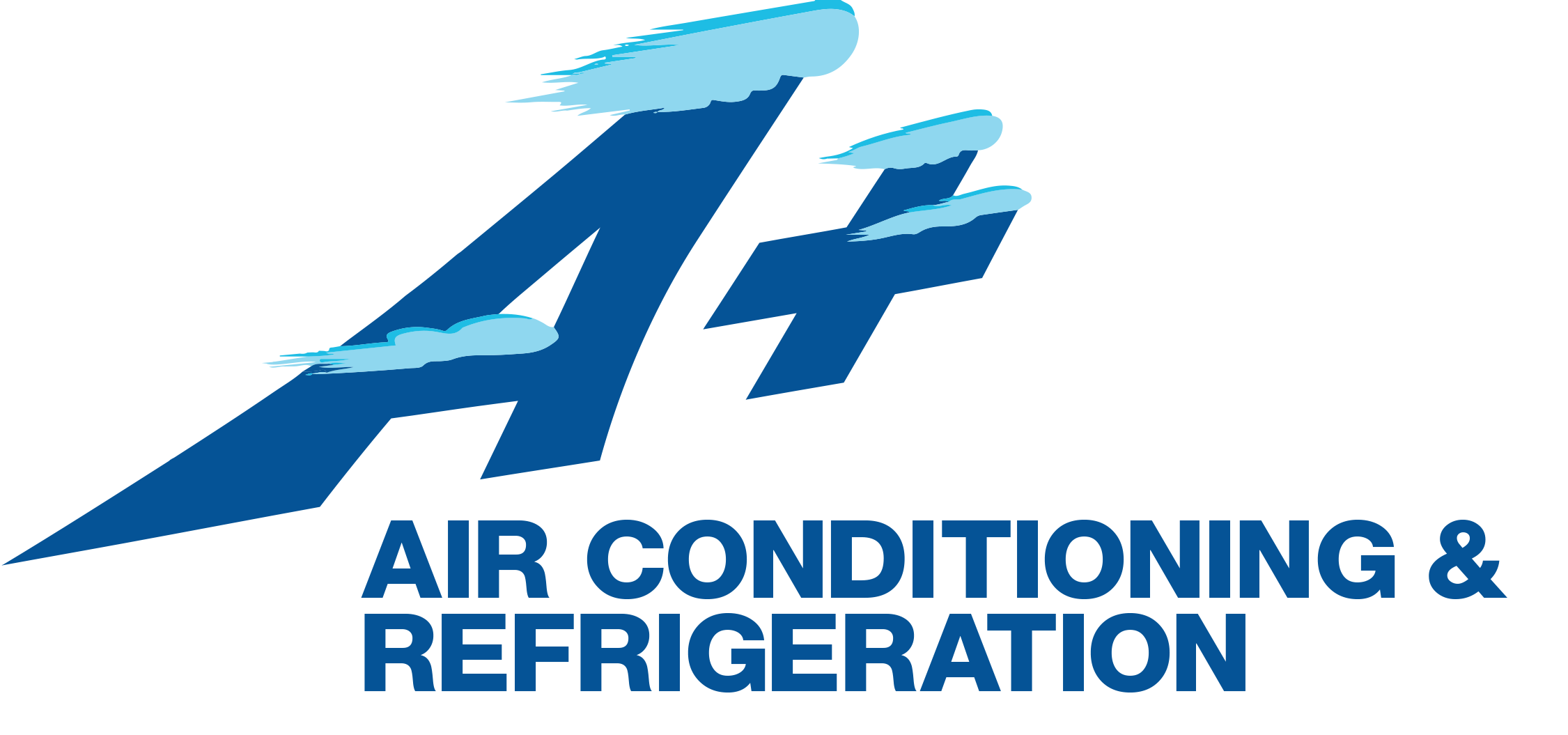
Why Does My Air Conditioner Smell Like Mold or Mildew?
Residents of the Sunshine State are no strangers to humidity. We all know it’s hot here, and that the extra moisture in the air just comes with the territory.
However, it’s one thing to accept that fact when you’re outside. It’s another story when the humidity starts causing problems inside your home, such as when you smell mold or mildew.
5 Reasons Your AC Smells Like Mold or Mildew
1. Dirty air filters.
If you change your air filters as often as you enjoy Mondays, you’re probably going to have problems. Not only will the filters get caked with dust, blocking airflow, in turn not allow your AC to efficiently cool the air. Your power bills will go up (due to your AC working harder). And mold can start growing in sections of the unit. For factors that will help you determine how often you should change your filters see here.
2. Clogged condensate line.
Here’s a basics course on how air conditioners work: Your AC absorbs the warm air from your home and pulls out the moisture. When this condensation process occurs, water droplets drip into a drip pan (ingenious name, we know). The water from the drip pan is then filtered out of your home through a pipe called a condensate line.
Now, think about it: It’s an enclosed, damp space with water running through it on a regular basis. With the passage of time, mold and mildew starts growing in there. There are three ways to prevent this: Either (a) flush it regularly with distilled white vinegar, (b) use a dry/wet vac to suck out the sludge that has formed inside, or (c) call an HVAC technician to conduct regular maintenance.
If you opt for one of the first two options, make sure to shut off the power source to your air conditioner first.
3. Moisture in your air ducts.
The same way humidity can cause mold to grow in your condensate line, the same can happen inside your home’s AC ducts, especially if they’re not properly sealed or if they have inadequate insulation. This is likely to happen in extremely humid climates such as what we have in Florida.
Another reason to pay attention to the condition of your duct works is that, in addition to causing your air conditioner to smell like mildew, water can start dripping through your ceiling.
4. Refrigerant leak.
Remember when we mentioned above how air conditioners remove the warmth and moisture from the air inside your home? In order for an AC to cool this warm air, it needs to have proper amounts of refrigerant. Improper AC maintenance, wear and tear, and even the use of some cleaning products can cause pinholes in your AC unit. Once refrigerant starts leaking, your AC stops removing humidity from the air inside your home, making it feel muggy indoors.
Other signs of a refrigerant leak include an AC that is not cooling, frost forming on the condenser unit (the box outside your home), and a hissing sound. If you’ve noticed these signs, contact an HVAC technician at their emergency line, since breathing in refrigerant for prolonged periods of time can be poisonous.
5. Lack of preventive maintenance.
The reality is that you can play a guessing game every time there’s something wrong with your air conditioner, or you can schedule regular preventive maintenance by an HVAC technician. Not only will a professional be able to foresee potential problems and nip them in the bud before they happen, but taking care of your air conditioner will also expand its lifespan. Considering it’s such a substantial investment, we want it to work efficiently as long as possible.
Call our HVAC professionals at A Plus Air Conditioning and let us help you!
No matter the issue with your air conditioner, we can assist you. We provide installation, maintenance, and repair services throughout north central Florida. And because we understand that a working air conditioner is essential in Florida, we offer 24/7 AC emergency service.
Call us at (352) 374-4988 and let us get your AC back to proper working order.


